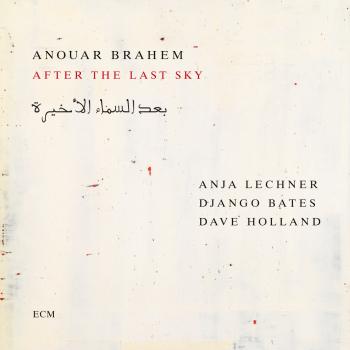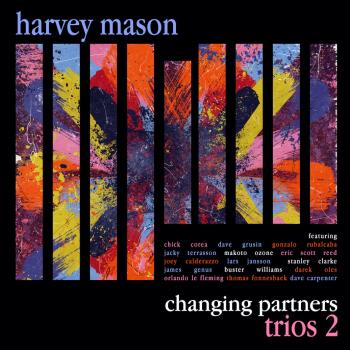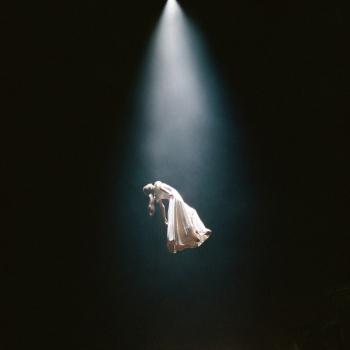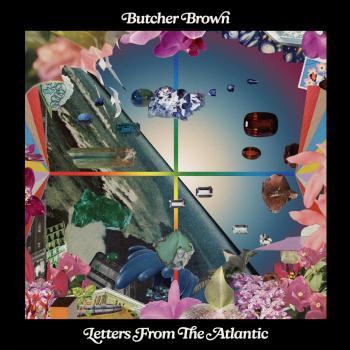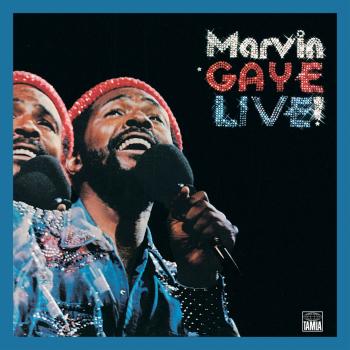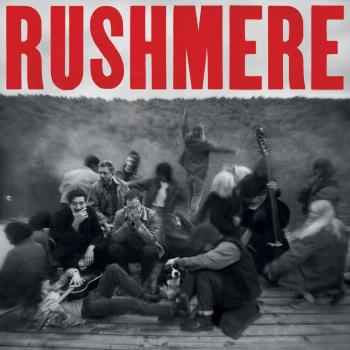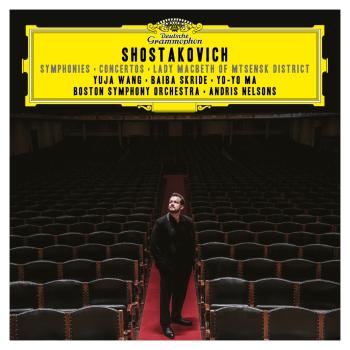
Amandla (Remastered) Miles Davis
Album info
Album-Release:
1989
HRA-Release:
30.06.2012
Album including Album cover
I`m sorry!
Dear HIGHRESAUDIO Visitor,
due to territorial constraints and also different releases dates in each country you currently can`t purchase this album. We are updating our release dates twice a week. So, please feel free to check from time-to-time, if the album is available for your country.
We suggest, that you bookmark the album and use our Short List function.
Thank you for your understanding and patience.
Yours sincerely, HIGHRESAUDIO
- 1 Catembe 05:39
- 2 Cobra 05:18
- 3 Big Time 05:44
- 4 Hannibal 05:54
- 5 Jo-Jo 04:54
- 6 Amandla 05:25
- 7 Jilli 05:08
- 8 Mr. Pastorius 05:44
Info for Amandla (Remastered)
With the release of what turned out to be his final 'band' album in 1989, Miles Davis had once again arrived at a new sound. And while the music on AMANDLA was certainly immersed in popular conventions, somehow the trumpeter managed to keep his sense of distinction alive and well. AMANDLA doesn't sound like any of the contemporary jazz records of its time.
In recording TUTU and SIESTA, Miles basically abdicated his bandleader functions to the multi-talented Marcus Miller, who in addition to his command of modern bass guitar techniques, handled reeds, woodwinds, guitars, keyboards and all manner of computer programming. By plugging in with the cream of his live collaborators on AMANDLA, Miles retained the big band sound of TUTU, but with a more human face--an enhanced sense of interplay and swing.
Tunes such as 'Jo-Jo' and 'Jill' engender an ongoing call response between front line and back line, between main and secondary themes, as Kenny Garrett's fat, burnished alto lines coil and strike around Miles' more circumspect muted phrases. The opening 'Catembe' heralds the third world rhythmic locus which snakes its way through the entire album, from the big beat shuffle of 'Big Time' through the Caribbean flavored backdrops and go-go beats of 'Jo-Jo.' The most affecting moments come on the title tune, which features chord changes reminiscent of Miles' traditional ballad style, and on the closing 'Mr. Pastorius,' where Miles finally reverts back to his open horn to pay tribute to the late bassist over a laid back swing beat, with poignant echoes of 'I Didn't Know What Time It Was.'
'...a precise and consistent sound that flows through the shifting instrumental combinations and lingers after the music has stopped...' (Down Beat)
Miles Davis, trumpet
George Duke, keyboards, synclavier, arranger
Marcus Miller, bass, bass clarinet, guitar
Don Alias, percussion
Joey DeFrancesco, keyboards, photography
Al Foster, drums
Omar Hakim, drums
Joe Sample, piano
Steve Khan, guitar
Jean-Paul Bourelly, guitar, percussion
Bashiri Johnson, percussion
John Bigham, guitar, keyboards, drum programming, arranger
Mino Cinelu, percussion
Paulinho Da Costa, percussion
Kenny Garrett, soprano & alto saxophone
Michael Landau, guitar
Rick Margitza, tenor saxophone
Jason Miles, synthesizer, synthesizer programming
Billy Patterson, wah wah guitar
Engineers: Eric Calvi, Bruce Miller, Eric Zobler
Producers: Marcus Miller, Tommy LiPuma, George Duke
Recorded at Clinton Recording and at Right Track, except track 2 recorded at Le Gonks West.
Mixed at Bill Schnee Studio
Mastered at Mastering Lab
Additional Recording: Ocean Way Studio, Power Station, Quadrasonic Recording, Electric Lady Studio
Digitally remastered in 2011.
Kaum ein anderer Musiker vermochte die Geschichte des Jazz derart nachhaltig zu beeinflussen, wie der am 26.05.1926 in Alton, Illinois geborene und in St. Louis aufgewachsene Miles Davis. Ohne den 'Prince of Darkness' wären die meisten Schlüsselentwicklungen des Jazz ab 1950 undenkbar gewesen. Mit unnachahmlicher Intonation und sparsamer melodischer Gestaltungskraft hat sich der Trompeter den Status einer Pop-Ikone erspielt.
Seine ersten wichtigen Gehversuche machte Miles in New York, wo er mit seinem musikalischen Vorbild Charlie Parker zusammentraf, in dessen Band er umgehend spielte. 1948 leitete der Trompeter bereits seine eigene Band, die mit Arrangements von Gil Evans zu den 'Birth Of The Cool'-Sessions führte. Neben seinen freelance Arbeiten gründete Miles Davis 1955 sein erstes Quintett bestehend aus Red Garland, Paul Chambers, Philly Joe Jones und John Coltrane. In den Jahren 1963-68 formierte er das zweite große Quintet, in welchem der junge Wayne Shorter am Saxophon brillierte (mit Herbie Hancock, Ron Carter und Tony Williams).
Die späten 60-er Jahre brachten unter Miles' Impuls die Wende hin zum Jazz Rock. Alben wie 'Bitches Brew' und 'We Want Miles' stehen paradigmatisch für diese Zeit. In der ersten Hälfte der 70-er Jahre veränderte der Ausnahmetrompeter häufig die Besetzungen seiner Band. In großzügig angelegten Gruppenimprovisationen integrierte er die vormals 'jazzfremden' Tablas, Sitar und diverse Percussioninstrumente. Den Sound seiner Trompete veränderte er mit dem Einsatz eines WahWah-Pedals. Die psychedelisch anmutende Musik dieser Zeit polarisierte das Publikum, viele Fans des 'frühen Miles' wollten den neuen 'elektrischen' Weg nicht mitvollziehen, doch Davis zielte auf ein junges, experimentierfreudiges Publikum.
Nach längerer Zurückgezogenheit aufgrund von Drogenproblemen kehrte der 'Prince of Darkness' in den frühen 80-er Jahren mit jungen Musikern zurück, seine Band wurde zum Sprungbrett für die wichtigsten Karrieren des aktuellen Jazz. Unter seinen Schülern waren John Scofield, Kenny Garrett, Darryl Jones und Marcus Miller. Der Bassist, Multi-Instrumentalist und Produzent Miller schuf mit Miles Davis die deutlich von der aktuellen Popmusik beeinflußten Spätwerke 'Tutu' und 'Amandla'. Diese Alben zeigen in vollendeten Produktionen das Hit-Potential des Trompeters, der in zahllosen Konzerten dieses Material immer neu als elektrisierender Improvisator präsentierte. Am 28.09.1991 starb der wichtigste Musiker des Jazz wenige Wochen nach seinem letzten Konzert an einer Lungenentzündung. Das posthum veröffentlichte Album 'Doo-Bop' wurde 1992 mit dem Grammy in der Kategorie 'Best R&B Instrumental Performance' ausgezeichnet.
This album contains no booklet.

